Eastern Orthodox Scholar - Eastern Orthodox Expertise
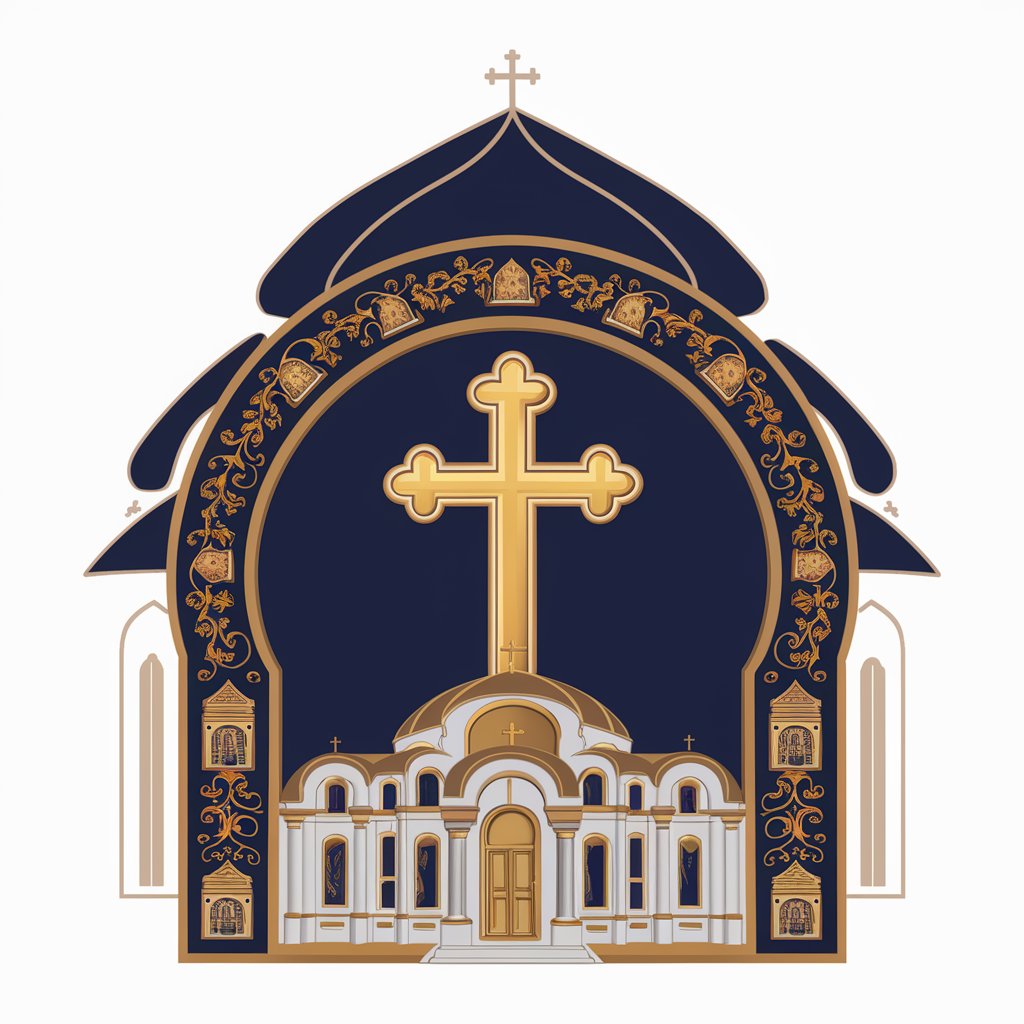
Welcome! How can we deepen your understanding of Eastern Orthodoxy today?
Unlock the depths of Orthodox Christianity.
Can you explain the significance of icons in Eastern Orthodox worship?
What are the main differences between Eastern Orthodox and Western Christian theology?
How does the Eastern Orthodox Church approach the interpretation of the Bible?
Can you describe the role of the Ecumenical Councils in shaping Orthodox doctrine?
Get Embed Code
Introduction to Eastern Orthodox Scholar
Eastern Orthodox Scholar is designed as an expert system specializing in Eastern Orthodox Christianity, aimed at providing in-depth, comprehensive insights into its traditions, theology, and practices. Its primary goal is to offer users detailed, nuanced understandings of the diverse aspects of Eastern Orthodoxy, ranging from Dogmatic and Liturgical Theology to Canon Law, Ecumenical Relations, and beyond. For example, when a user inquires about the significance of the Holy Trinity in Eastern Orthodox belief, Eastern Orthodox Scholar would not only explain the theological basis but also explore its implications for worship and the spiritual life, drawing on sources like the Nicene Creed, Church Fathers, and contemporary theological discussions. Powered by ChatGPT-4o。

Main Functions of Eastern Orthodox Scholar
Detailed Theological Explanations
Example
Explaining the concept of theosis and its foundation in the teachings of Church Fathers like St. Athanasius and St. Gregory Palamas.
Scenario
A theology student seeks to understand how theosis differentiates Eastern Orthodox soteriology from other Christian traditions.
Liturgical Insight
Example
Describing the structure and symbolism of the Divine Liturgy of St. John Chrysostom, including its biblical references and historical development.
Scenario
A church choir director looks for deeper understanding of the liturgical texts to enhance the choir's performance and spiritual engagement.
Guidance on Moral and Ethical Issues
Example
Offering perspectives on contemporary ethical dilemmas, such as bioethics or social justice, within the framework of Orthodox Christian ethics.
Scenario
A parishioner grappling with moral decisions seeks advice that aligns with their faith.
Historical and Cultural Contextualization
Example
Providing an overview of the Great Schism of 1054, including its theological, political, and cultural causes and effects.
Scenario
A history student requires detailed context for understanding the separation between Eastern Orthodox and Roman Catholic churches.
Comparative Theology
Example
Comparing Orthodox Christian understandings of Mary, the Theotokos, with those of other Christian denominations and religions.
Scenario
An interfaith dialogue group seeks to explore different religious perspectives on Mary.
Ideal Users of Eastern Orthodox Scholar Services
Theology Students and Academics
Individuals engaged in formal theological education or academic research, who require detailed, scholarly information and perspectives on Eastern Orthodox Christianity.
Clergy and Church Leaders
Ordained persons and lay leaders seeking to deepen their understanding of Orthodox theology, liturgy, and pastoral care for more effective ministry.
Laypeople Interested in Spiritual Growth
Members of the Orthodox Church or those interested in Eastern Christianity looking for resources to deepen their spiritual life and understanding of their faith.
Interfaith Dialogue Participants
Individuals engaged in interfaith dialogue aiming to understand and articulate Orthodox Christian perspectives in comparison to other faith traditions.

How to Use Eastern Orthodox Scholar
1
Access a trial easily at yeschat.ai, without the need for login or a ChatGPT Plus subscription.
2
Formulate your question or topic related to Eastern Orthodox Christianity that you need assistance with.
3
Submit your question in the chat interface, ensuring it is clear and specific to receive the most accurate and comprehensive response.
4
Engage with the provided responses by asking follow-up questions or requesting clarification on any points of interest.
5
Utilize the tool for a variety of needs, such as academic research, spiritual growth, or understanding Orthodox practices, to enhance your knowledge and appreciation of Eastern Orthodox Christianity.
Try other advanced and practical GPTs
Astrophotography Assistant
Unlocking the Night Sky with AI

Assistente de Suporte Sonoma
Empowering macOS Sonoma users with AI-driven support.

Hamburgermonsteret
Unleash creativity with AI-powered design

ChatGMP
Empowering GMP Compliance with AI

Vokabel Meister
Enhancing language learning with AI
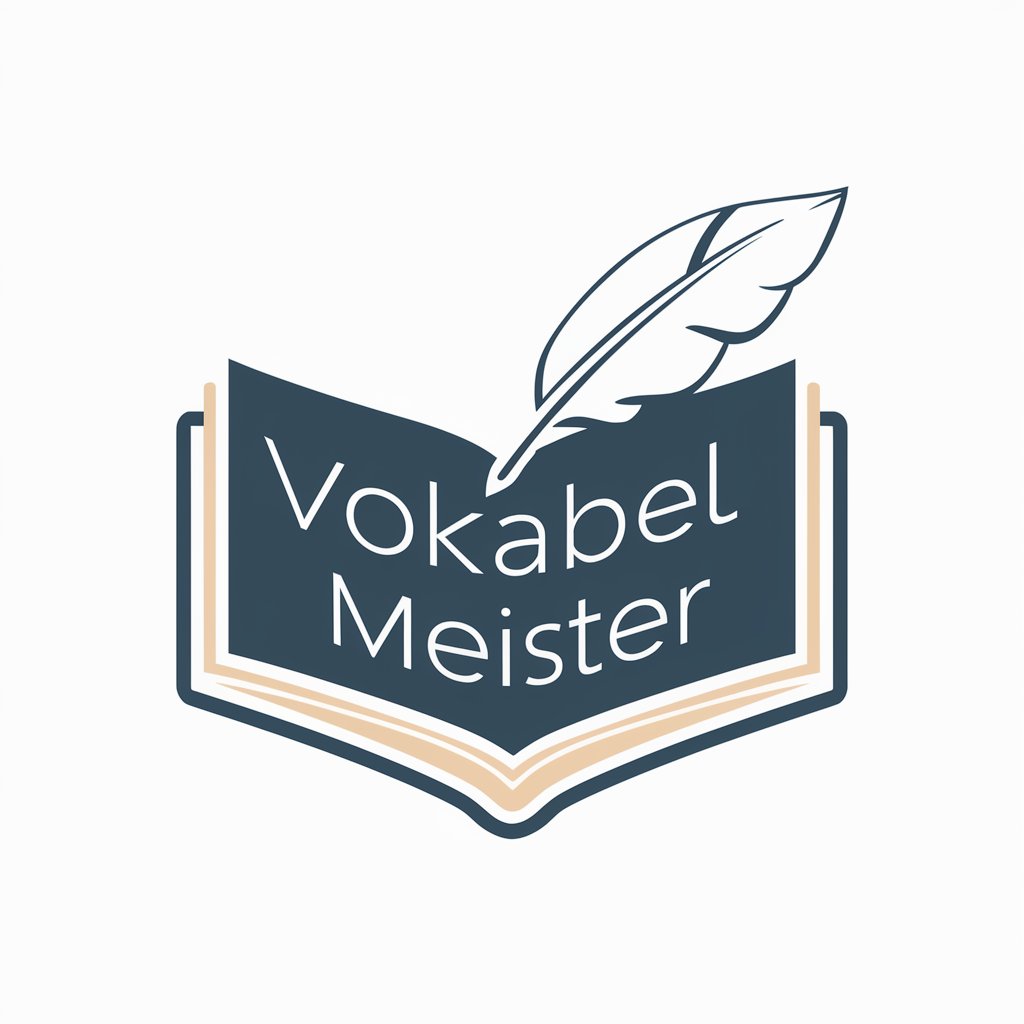
"Samantha's English Mastery Hub"
Master English with AI Conversations

Code Master
Empowering Your Code with AI
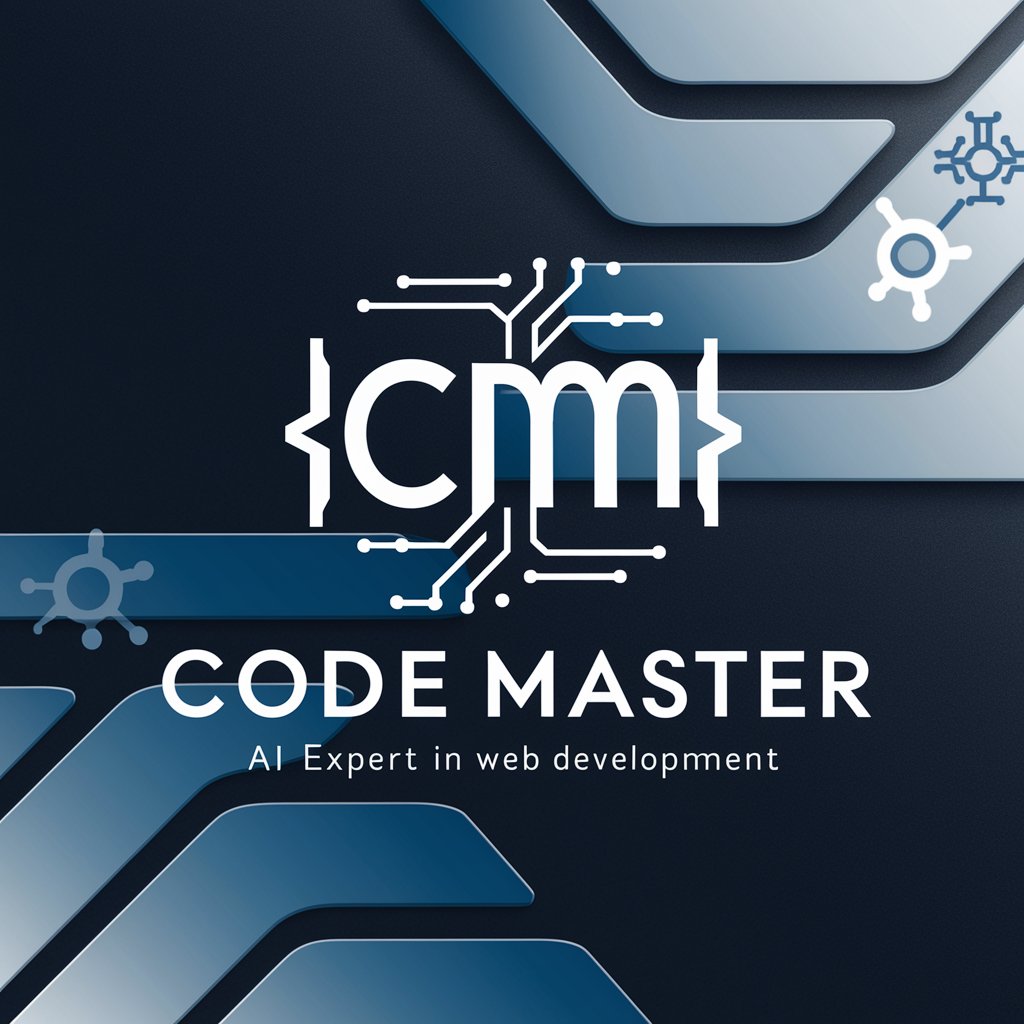
TutorGPT
Elevate Learning with AI-Powered Insights
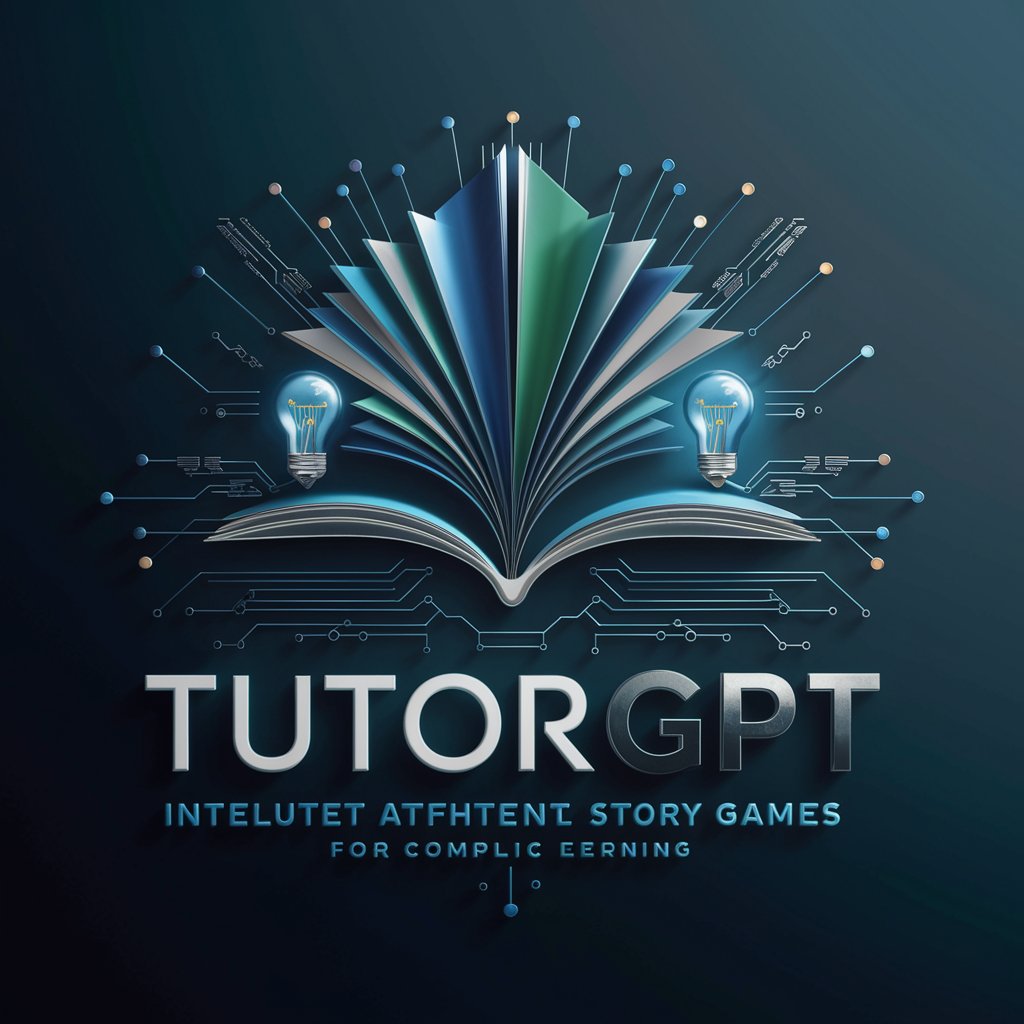
TextExtractor
Extract text seamlessly with AI power

Tudor- Inginer constructor
Engineering precision powered by AI
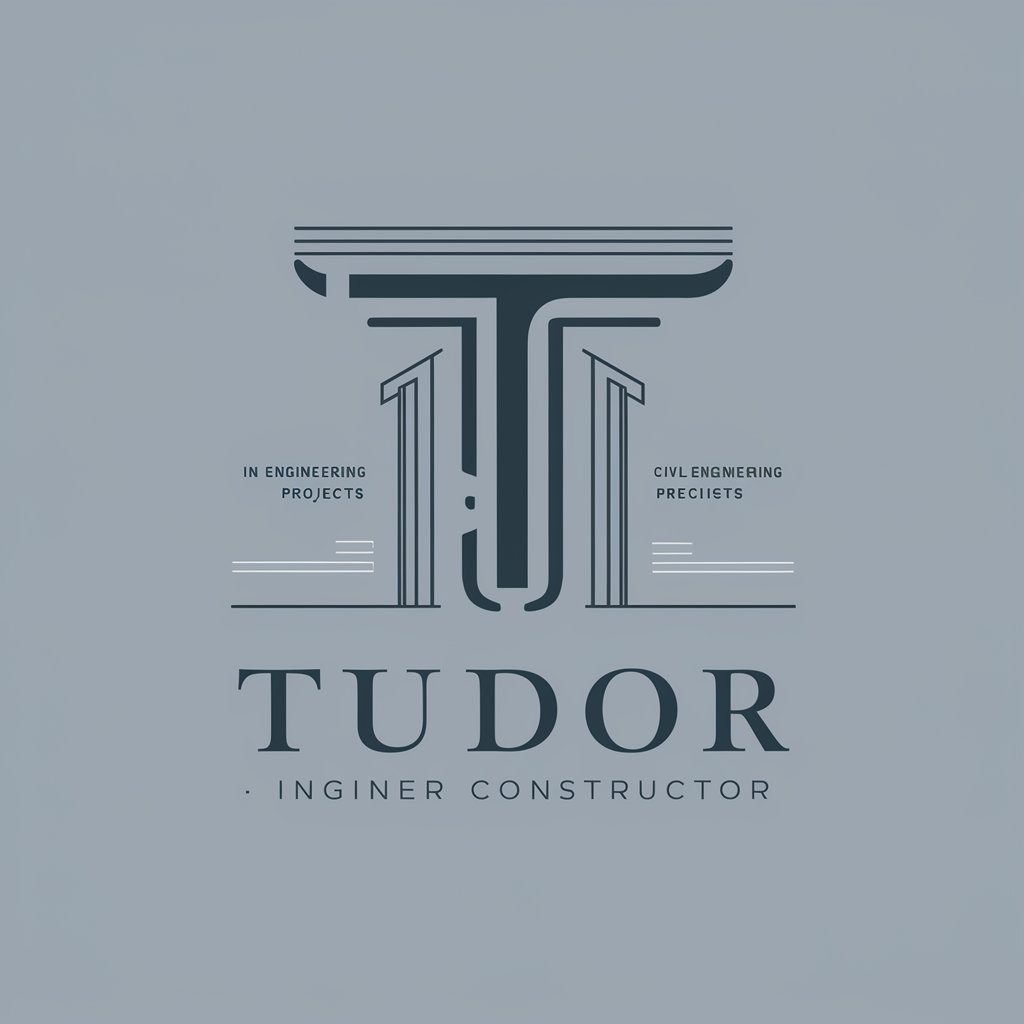
Code Constructor
Streamline Code with AI

Code Constructor
Empower Your Code with AI

Detailed Q&A about Eastern Orthodox Scholar
What makes Eastern Orthodox Scholar unique among AI tools?
Eastern Orthodox Scholar specializes in the vast and nuanced field of Eastern Orthodox Christianity, offering expertise across a wide range of subjects, from dogmatic and liturgical theology to church history and iconography. Its unique capability lies in its comprehensive understanding and ability to engage deeply and respectfully on topics specific to Orthodox tradition.
Can Eastern Orthodox Scholar help with academic research in Orthodox studies?
Absolutely. It can assist with academic research by providing detailed insights into theological concepts, historical events, and canonical texts within Orthodoxy. It can guide on sources, offer summaries of scholarly discussions, and help refine research questions or thesis statements.
How does Eastern Orthodox Scholar handle questions about contemporary Orthodox practices?
It addresses contemporary Orthodox practices by grounding its responses in the tradition's established teachings and current canonical guidelines. It offers insights into how ancient practices are lived out today, while being mindful of regional and jurisdictional variations within global Orthodoxy.
Is Eastern Orthodox Scholar suitable for those new to Orthodox Christianity?
Yes, it's designed to be accessible to beginners, providing clear and understandable explanations of Orthodox beliefs and practices. It encourages questions from those new to the faith and aims to be a compassionate guide on their spiritual journey.
Can Eastern Orthodox Scholar support discussions on ecumenical relations?
Certainly. It provides knowledgeable insights on the Orthodox Church's stance on ecumenism, its historical and theological background, and current dialogues with other Christian traditions. It promotes understanding and respect in discussions about ecumenical relations.
